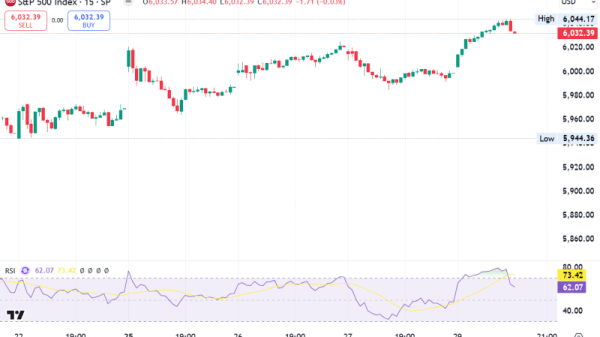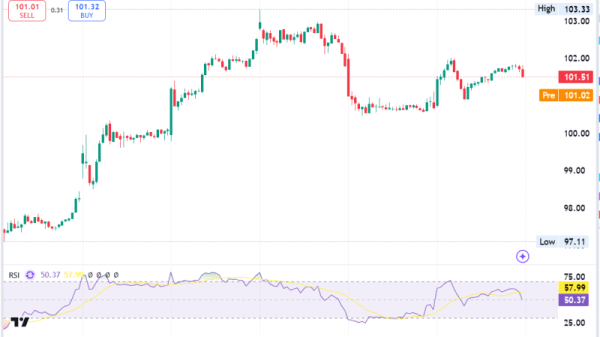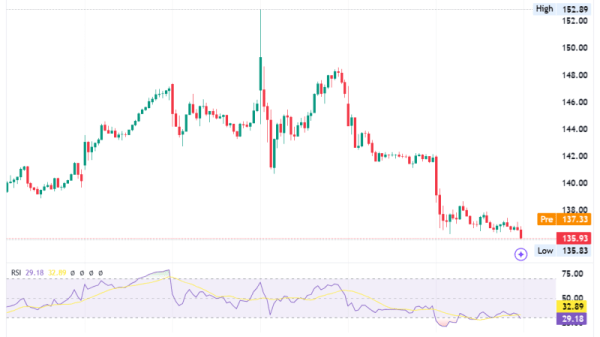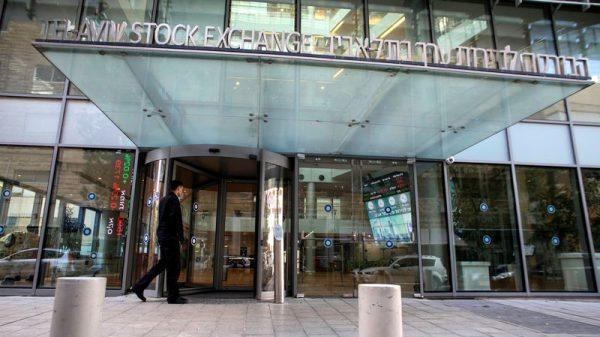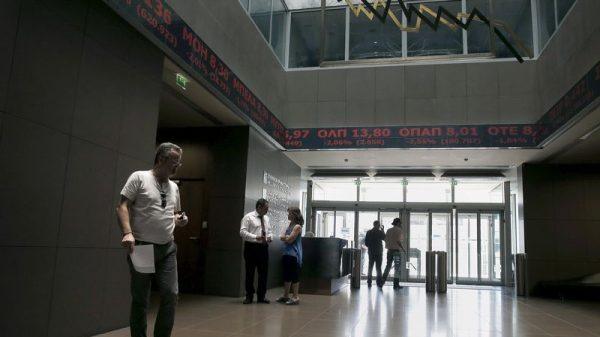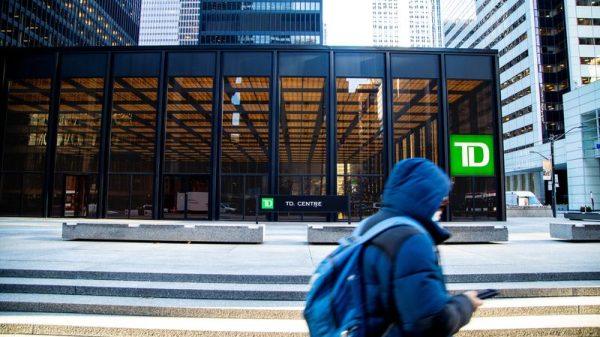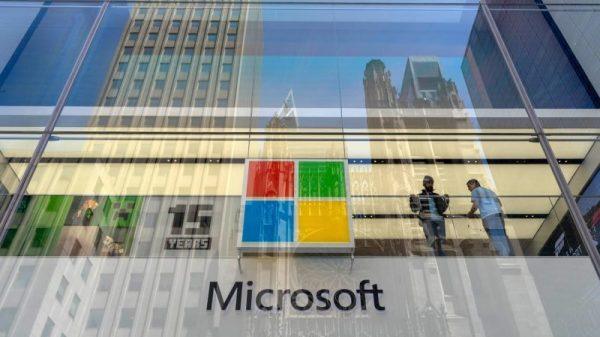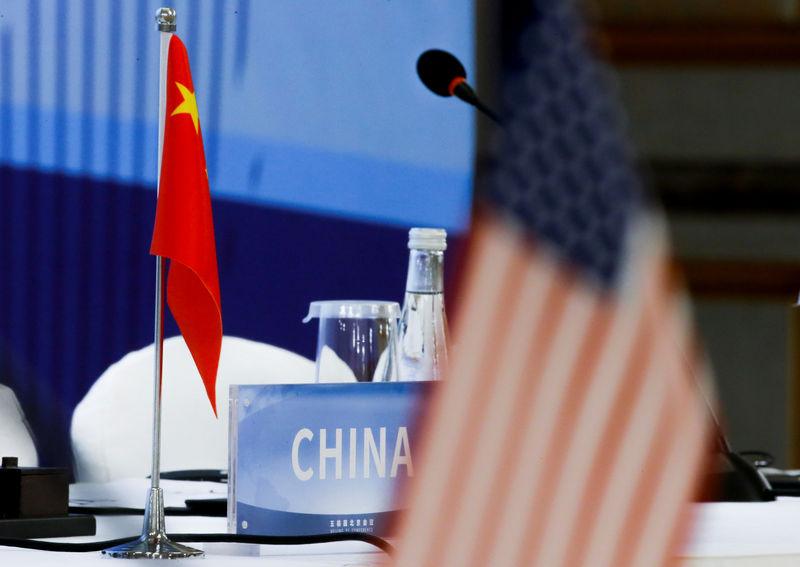Investing.com — Trump administration’s proposed policy shifts—collectively termed Trumponomics 2.0—will largely benefit the US economy while posing challenges for other global economies, according to Bank of America (BofA).
The policy package, focusing on trade, immigration, fiscal measures, and deregulation, is projected to amplify US growth, inflation, and interest rates beyond current consensus forecasts. However, its effects on other nations, particularly China and the Euro area, are expected to be less favorable.
BofA notes that the anticipated policies include trade tariffs on China, tightened immigration controls, debt-financed tax cuts, and sweeping deregulation in key sectors like financial services and energy. These moves aim to stimulate US economic activity but could exacerbate the US current account deficit.
“Ironically, the described policy mix will not do much to reduce the US current account deficit, which responds to a macroeconomic saving-investment imbalance,” economists led by Claudio Irigoyen said in a note.
“Most likely, the current account deficit will widen as long as the rest of the world remains willing to finance it.”
While the US is projected to emerge as a beneficiary of Trumponomics 2.0, the ripple effects are expected to strain other economies. BofA identifies China and the Euro area as the most vulnerable to the resulting shifts in global financial conditions and trade flows.
The Euro area is grappling with structural challenges and weak demand, while China faces cyclical pressures compounded by property market struggles and youth unemployment.
“Instead of retaliating significantly, we expect China to undertake sizable fiscal easing to cushion the shock,” economists noted.
“Tariffs on USMCA members look unlikely. Overall, we forecast higher real rates, a strong dollar and lower oil.”
The impact on emerging markets (EMs) is expected to be mixed, BofA says. Nations like Mexico, Vietnam, and India could benefit from supply chain realignments triggered by US-China trade tensions.
Conversely, commodity exporters might suffer from lower oil prices, a dynamic influenced by uncertain production levels in Saudi Arabia and Iran.
“The fortunes of commodity exporters will depend on the trade-off between the negative tariff and interest rate shocks and the positive reflationary effect of potentially significant fiscal easing in China,” the bank’s team explains.
BofA also highlights risks tied to the policy trajectory, including potential trade wars and geopolitical instability. While a focus on pro-growth measures could elevate global output, aggressive protectionism risks triggering economic slowdowns.
“Hawkish US protectionist policies could trigger a full-fledged trade war if other countries retaliate in kind, potentially leading to a global slowdown,” BofA cautions.
“A significantly worse stagflationary scenario would entail a global slowdown in the US and the rest of the world coupled with the decision to significantly increase the US deficit financed with some sort of financial repression. Finally, a worsening of geopolitical tensions would add insult to injury,” it continued.

